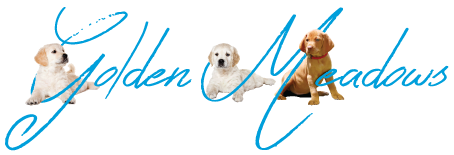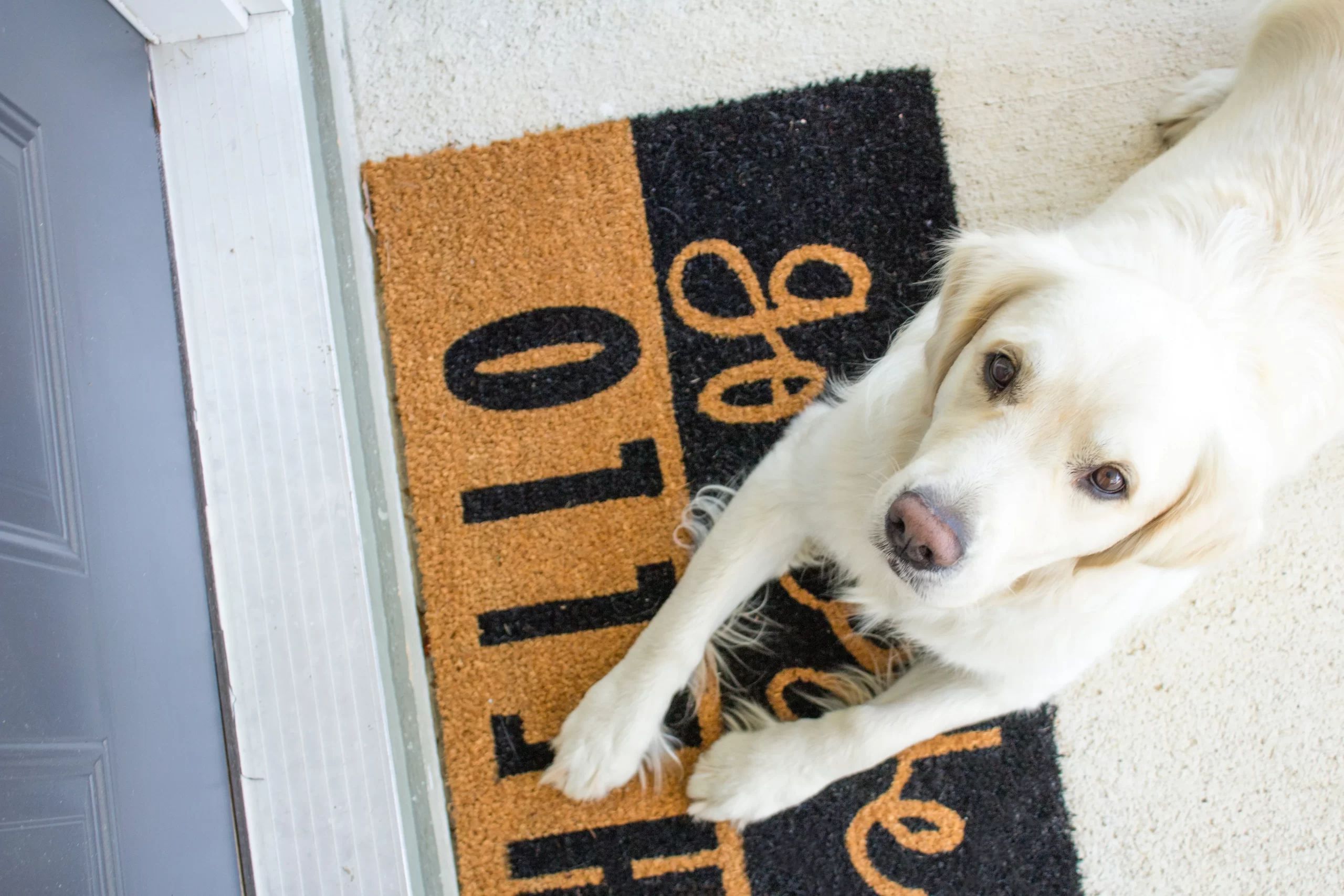Traveling with your pet this holiday season? Staying with friends or family members who are willing to embrace your dog as a guest? It’s important to remember that holiday travel can be just as stressful for your dog as it is for you. A change in atmosphere and routine may make your dog confused or even anxious; they rely on you to guide them through their trip. Here’s how to make it work!
Discuss Your Dog with Your Host
While your host may welcome your pup, they may not understand exactly what it means to have a dog in the house. Discuss your arrival and departure dates and any accommodations that may need to be made for your dog to be safe and comfortable. Does your dog have anxiety and need a quiet place to chill away from people from time to time? Will you be traveling with a crate and need a safe place to set it up? Let your host know so they can prepare in advance.
Plan for your travel activities well in advance. While you likely take your dog along on most of your adventures, you may not be able to take him to every party or event you attend while away. Find out if there are doggy daycare’s or local sitters you can utilize if you’ll be away for a large part of the day. Your dog may be more anxious than normal if he is left alone for an extended period of time in a strange place.
Discuss holiday safety with your host too, especially if they do not already have pets. They may not realize the dangers posed by poinsettias, mistletoe, holly, sweets, and even stereotypical Christmas foods like chocolate. A little heads up will give them time to move hazards out of reach.
Learn the House Rules
Does your host have pets of their own? Do they allow their dogs on the furniture or in bed? No matter what you do at home, you may have to adjust to your host’s regular house rules. This is another reason it’s good to travel with a crate. Your dog will be trained to their own place and will be less likely to stray from the routine in the home you’re visiting.
Ask your host in advance about rules and arrangements. Is there a fenced-in yard the dog can use? Will your dog be able to sleep in the same room you are in? Is it safe or allowable for your dog to be around existing household pets or kids?
Bedtime is especially important for a number of reasons. First, your dog may whine when they need to go outside for a bathroom break and your host may not be used to this type of noise. Make sure your dog eats early and gets a lot of play so that they will sleep longer and not disturb the rest of the house as often.
Discuss a Calm Welcome
Let your host know that the best way for your dog to feel comfortable upon arrival is if they aren’t immediately swarmed by a lot of new people. Ask if you can hang around the yard for a few minutes before coming inside and consider bringing your dog in through the back door so they don’t immediately encounter a holiday crowd. Give your dog some time to settle before allowing just one or two people at a time to introduce themselves.
Your Dog, Your Responsibility
Carry your own dog food, waste removal tools and bags, and toys. It’s not your host’s job to figure out what your dog needs or to clean up after them. You should also offer to vacuum the rooms where your dog stayed or wash the blankets they used. This will take extra stress and pressure off of your host, who may or may not be used to having an extra four-legged guest in the house.
Don’t forget to pack spare leashes and any medications you may need. Make a copy of your dog’s vaccination records to have on hand in the event of an emergency. Keep a recent photo of your dog with you in case they get lost.
Create a Safe Space for Your Dog
Do you travel with your dog on a regular basis? It may be time to invest in an appropriately-sized carrier for your pup to call home. Leave it open in your house so your dog can use it as a bed or safe place on a regular basis. This will make them more comfortable inside when you do travel. Take it with you, complete with regular bedding and toys, so your dog will recognize it as a constant and familiar space.
Don’t Stress Over New Places
Part of helping your dog be a good house guest in other places is making sure you’re not the one creating the anxiety or stress. If you are, your dog will sense it and may react similarly because he looks to you for guidance.
Most dogs don’t become agitated immediately when they enter new surroundings. Allow your pup some time to sniff around and explore (on leash, of course). Give them some extra head scratches, snuggles, or treats when they seem to have a neutral or good reaction to a new place. Taking this action helps to reaffirm the idea you are in a safe place together.
Stay in the First Day
Refer to any new place you visit as “home” right from the start. Stick close to your pup for the first full day, making sure you have your regular walks and playtime. After the first day, your dog should be comfortable enough to be left alone for short periods of time, knowing you’ll return just as you would in any other place.
It’s fun to travel with a dog, especially if you’re always together. That first trip or two away from home can be challenging, though. Take some time to assess your living situation, make plans for the appropriate accommodations, and to prepare your pup for time on the road. Once you’ve figured out how to be great travel companions and house guests together, you’ll be ready to embark on adventure after adventure!

